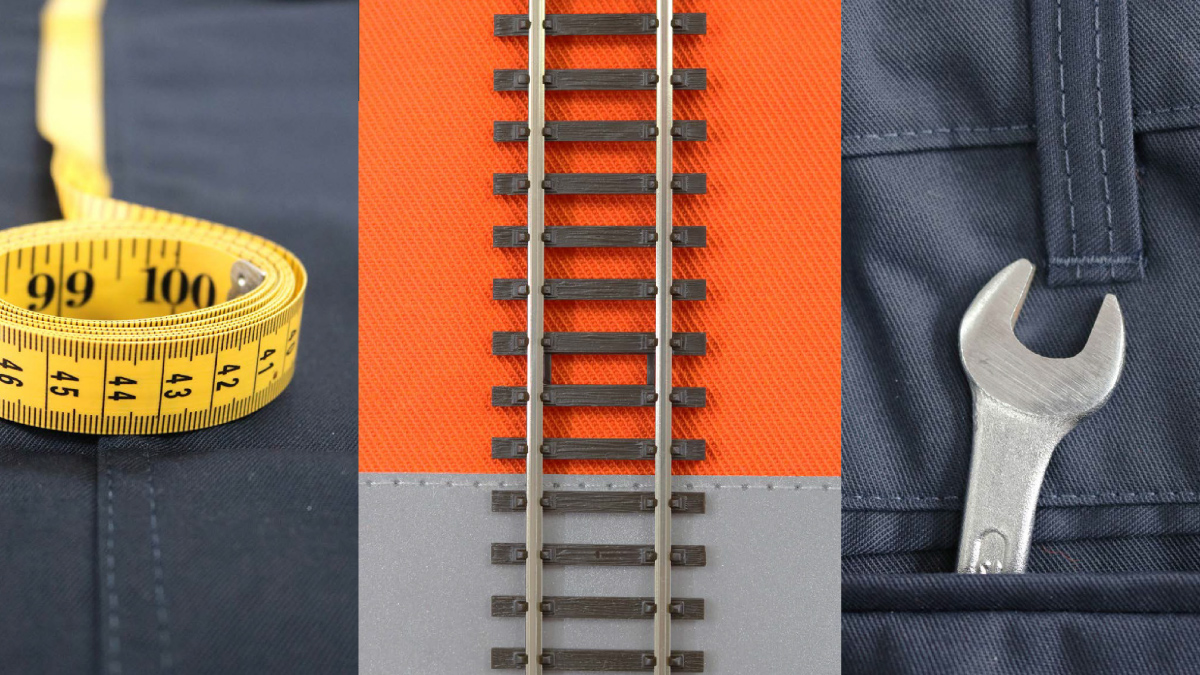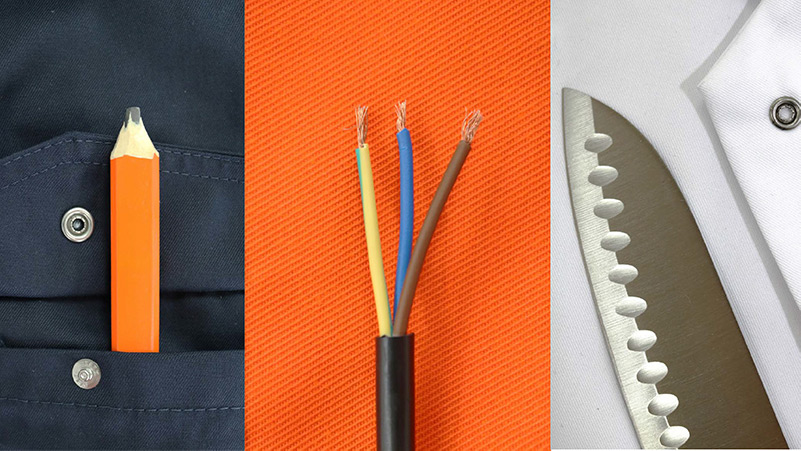The Fabric of Success
 BlogPPETextiles31.01.2023
BlogPPETextiles31.01.2023
In this article Allison Smith looks at the regulations surrounding the provision of workwear and PPE to your employees and how a garment laundry company could help in ensuring compliance with these regulations.
As an employer what is my duty of care towards my employees with respect to workwear and in particular personal protective equipment (PPE)?
As an employer you are legally required to provide personal protective equipment (PPE) to help keep your employees safe at work if they work in an area where there may be a risk to their health and safety which cannot be removed by other means.
In addition, the PPE regulations states that employers must provide the PPE free of charge, maintain it in a good condition and replace or repair it as required. This last statement clearly shows that the requirement is not just about the initial provision of the PPE but also includes how it performs over time and how you have ensured its compliance with the original manufacturers specification.
As an employer I provide workwear to my workforce but I leave them to sort out the laundering of the garments as they know when they need washing?
Unfortunately, you are not complying with the regulations as you are not ensuring that the garments are being maintained in a good condition. Washing machines at home and domestic detergents are not designed to cope with either heavy garments or garments with special finishes. An industrial garment laundry will have undertaken controlled washing trials to ensure that the chosen combination of a defined washing programme and mix of detergents will give maximum garment life. For instance,
- Garments which use high visibility reflective tapes to conform to the regulations must be washed in a controlled way to ensure that the tapes do not become damaged over time which would lead to the garment not being fit for purpose.
- Garments may require processing with a specific combination of temperature and time to ensure biological control
In both these cases a domestic washing machine is unlikely to be able to match these conditions and there would be no way of proving that these conditions have been met meaning that you would not be able to show conformance over time.
As an employer I provide workwear to my workforce but I leave them to sort out the repairs as they know what is wrong with them as they wear them every day?
As in the previous case the responsibility lies with you as an employer. In addition, to ensure that the garment is repaired correctly you have to ensure that the correct material and thread are used in the repair which should be done to a validated standard.
For instance, if a repair to a garment with Fire Resistance (an FR garment) is made with the correct material but a non-FR thread then the whole garment is non-compliant as the repair does not match the specification of the original garment and the repair could fail when subjected to normal service conditions. In addition, garments used in Hot Working environments are manufactured without upwards facing edges so that nothing is trapped in the garment. If a repair does not match this then a spark or piece of hot metal for instance could be trapped against the garment and cause a serious problem.

So, what is a typical garment laundry cycle?
- At a pre-arranged time, the laundry driver will come to your site and collect the soiled garments.
- When the garments arrive back at the Garment Processing Plant they will be washed and dried.
- At this stage the garments will be inspected and those requiring repair will be sent for repair.
- Any required repairs will be done to an agreed and approved standard
- The clean garments will be returned to your site ready to be worn.
So, if I wanted to start a garment laundry contract what should I be looking for in a garment laundry company?
You should ask any potential garment laundry supplier the following key questions and then make your assessment about who you deal with based on their replies:
- Do they have first-hand knowledge of my industry, the garments I need and experience in washing and processing them?
- Are they accredited to industry wide quality standards such as ISO 9001, ISO14001 and Laundry RABC?
- Is the sales team knowledgeable, experienced and have they been directly trained in the products they are selling and are they backed my knowledgeable and helpful office staff?
- Do they have access to technical experts who have developed the garments and understand the complexity of the regulations?
- Are they able to offer a fully tracked garment service so that I can easily understand the number of laundry cycles my garments have been through, my garment usage figures and the repairs that have been undertaken?
- Am I able to access information about my garments in real time via the garment user portal?
Note: your preference will always be based on how you rate any of these answers.
What are the different types of laundering contracts available?
In essence there are three main types of laundry contracts and these are:
- Workwear rental – In this system you rent the garments from the laundry company and in this way avoid large upfront payment for the garments. In addition, all the costs are planned and controlled from the start so that you pay a simple fixed fee and the laundry company looks after garment procurement, repairs and all the other aspects of garment management and regulatory compliance freeing up your time to look after your core business.
- Process or Launder Only – In this model you buy and own all the workwear and look after all the garment management tasks including compliance with all the regulations while the garment laundry company collects the soiled garments, washes and dries them and returns them back to you for your workers to wear.
- Split Rental – As its name suggest this is a half-way house between the two options outlined above and can be used where for instance you have a stable core workforce and then a proportion of variable demand for garments. So, for the core workforce these garments will be on a rental contract while for those used to service the variable demand you will own these and pay a process only charge when they are processed by the laundry.
For all of these contracts the aim of any garment laundry contract should be to arrive at a system of working that provides you with peace of mind and your workforce with garments that comply with all the regulations.

Author
Allison Smith
Technical Solutions Sales Manager
